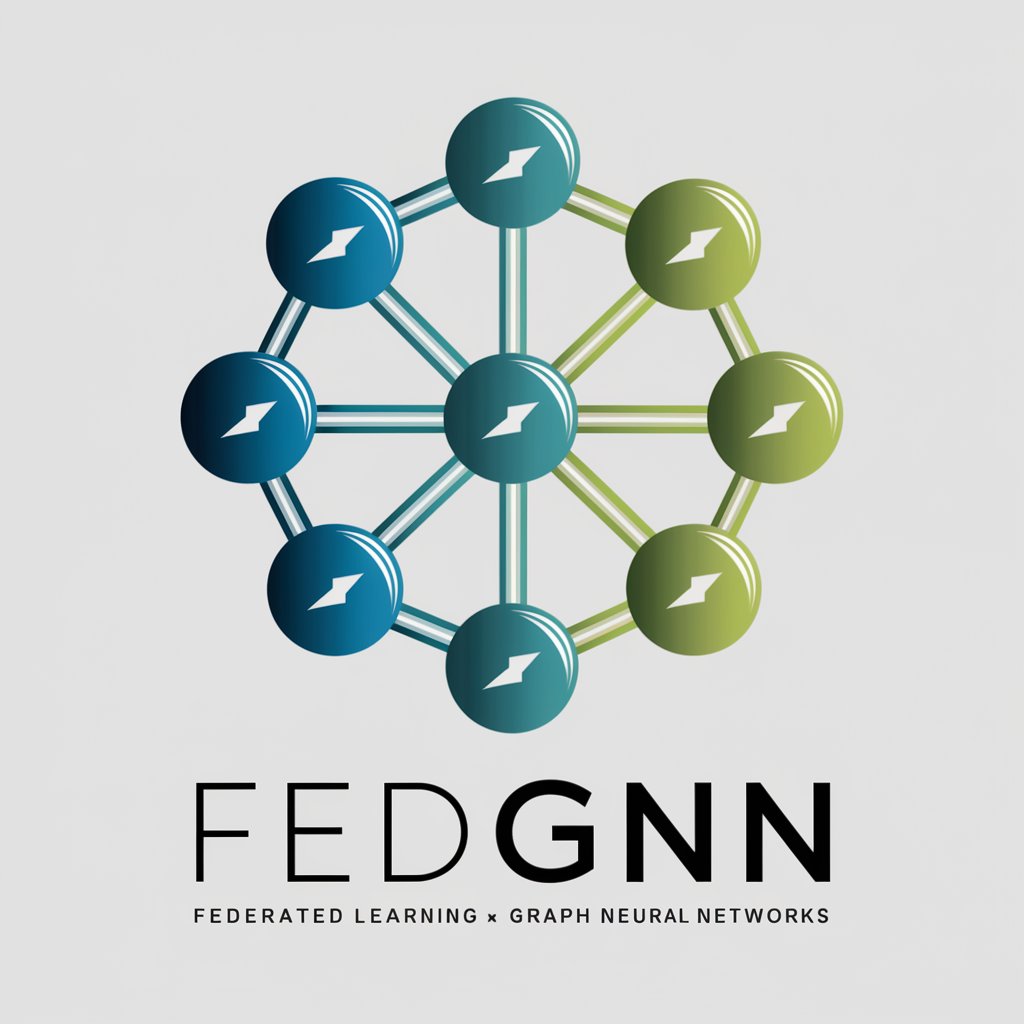3 GPTs for Distributed Computing Powered by AI for Free of 2025
AI GPTs designed for Distributed Computing are advanced computational tools leveraging Generative Pre-trained Transformers to optimize and manage distributed computing tasks. These tools interpret, automate, and provide solutions for complex distributed systems challenges, utilizing GPT's learning capabilities to enhance efficiency and productivity in distributed environments. They are pivotal in addressing scalability, reliability, and decentralization challenges, offering tailored solutions across various distributed computing scenarios.
Top 3 GPTs for Distributed Computing are: scala,RabbitMQ and Celery,FedGNN
Unique Capabilities of AI GPTs in Distributed Computing
These tools stand out for their adaptability, capable of handling everything from straightforward automation to intricate distributed systems analysis. Key features include language understanding for technical documentation, support for developing and troubleshooting distributed systems, and advanced data analysis capabilities. Special functionalities may encompass automated code generation, optimization suggestions for distributed architectures, and the ability to integrate with various computing environments, demonstrating unparalleled versatility in distributed computing tasks.
Who Benefits from Distributed Computing AI Tools
These AI tools cater to a wide audience, including those new to distributed computing, experienced developers seeking efficiency, and professionals needing in-depth system analysis. They offer intuitive access for non-programmers while providing extensive customization and programmable interfaces for experts. This dual approach ensures that anyone interested in distributed computing, regardless of their coding proficiency, can leverage these tools for enhanced productivity and insights.
Try Our other AI GPTs tools for Free
Facial Adjustments
Discover the transformative potential of AI GPTs for Facial Adjustments, offering advanced, user-friendly tools for realistic facial editing and enhancements.
Professional Portraits
Explore AI GPTs for Professional Portraits to generate and enhance images with unparalleled quality. Ideal for novices and professionals seeking innovative, AI-powered portrait solutions.
Photo Suggestions
Discover the power of AI GPTs for Photo Suggestions, enhancing image creativity and efficiency with advanced, tailored AI technology.
Prompt Inspiration
Discover how AI GPTs for Prompt Inspiration can revolutionize your creative process, offering tailored ideas and solutions across various domains.
App Versatility
Explore AI GPTs for App Versatility: Tailored AI solutions designed to enhance app adaptability, functionality, and user engagement. Ideal for developers and businesses seeking innovation.
Installation Analysis
Discover how AI GPTs for Installation Analysis revolutionize software deployments and system setups, offering predictive insights, troubleshooting, and personalized guidance.
Expanding Horizons with AI in Distributed Computing
AI GPTs revolutionize distributed computing by offering solutions that adapt to specific needs, enhancing system efficiency and reliability. Their user-friendly interfaces and ability to integrate with existing workflows make them invaluable across sectors, showcasing the potential of AI to transform traditional distributed computing paradigms.
Frequently Asked Questions
What are AI GPTs for Distributed Computing?
They are advanced AI tools using Generative Pre-trained Transformers to automate, optimize, and solve challenges in distributed computing environments.
Who can benefit from these tools?
Novices, developers, and professionals in distributed computing can benefit, thanks to their adaptable interface and customization options.
Can these tools generate code for distributed systems?
Yes, they can generate and suggest optimizations for code, tailored to enhance the performance and reliability of distributed systems.
How do these tools adapt to complex distributed computing tasks?
Through advanced AI and machine learning capabilities, they can understand complex requirements and provide tailored solutions.
Do I need programming skills to use these tools?
No, they are designed to be accessible to those without coding skills, while also offering advanced options for experts.
Can AI GPTs for Distributed Computing integrate with existing systems?
Yes, they can seamlessly integrate with existing computing environments, providing flexible and adaptable solutions.
What makes these tools unique compared to traditional software?
Their AI-driven adaptability, language understanding, and technical support for distributed computing challenges are unparalleled.
Are there any limitations to using AI GPTs in distributed computing?
While highly versatile, the effectiveness of AI GPTs may depend on the specific requirements and complexity of the distributed system in question.

